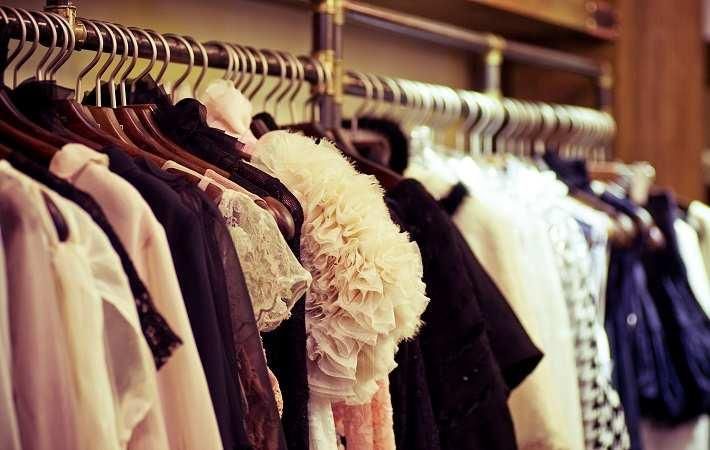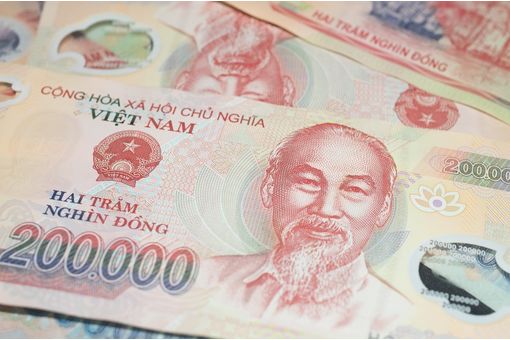Apparel's brand intimacy quotient is 27.9: Report

The Brand Intimacy 2017 report by MBLM says that two-thirds of industries studied in its report are more successful in creating and maintaining intimacy with men than women. Brand intimacy is defined as a new paradigm that leverages and strengthens the emotional bonds between a person and a brand. According to the 2017 report, top ranked intimate brands continued to outperform the S&P and Fortune 500 indices in revenue and profit over the past 10 years.
Levi’s is the highest-ranked brand in the apparel category, with a quotient of 49.2, up from its previous score of 37 and second-place position. Interestingly, more than half of the top 10 most intimate brands are athletic related, with Nike coming in at number 2, Lululemon at number 3, Under Armour at number 4, Adidas at number 5, and Puma in 10th place. Nike ranks 1 among women, whereas Levi’s is the top brand for men. Nike and lululemon are also the two most intimate apparel brands among 18-34-year-olds.
Amazon is the highest-ranked brand in the retail category, with a quotient of 71.0, up from its previous score of 64. Amazon ranks 1 among both men and women. It also leads with users ages 18-34 and 35-44, as well as across all income levels. H&M ranks fourth with a quotient of 40.0, while Ikea gets the eighth position with a quotient of 36.8.
"From our study, it is clear that brands have work to do when it comes to women and brand intimacy. Brands need to focus on building meaningful relationships with their customers, not focus on targeting them by gender," said Rina Plapler, partner at MBLM.
MBLM has seen that some brands target women overtly, while others attract women as a part of their overall strategy. Women are responsible for 70-80 per cent of purchasing decisions, which is likely why brands are trying to appeal to the group. However, the study shows that brands are falling short with women. The average brand intimacy quotient for women was only slightly below men – 29.1 versus 29.8.
For women, fulfillment, which is associated with exceeding expectations and delivering superior service, quality and efficacy, is the most important archetype. Women outscored men on the indulgence archetype, centered around moments of pampering and gratification, and had the same score for ritual, ingraining a brand into daily actions, more than habitual behavior, notes the report.
The 2017 report contains the most comprehensive rankings of brands based on emotion, analysing the responses of 6,000 consumers and 54,000 brand evaluations across 15 industries in the US, Mexico and UAE. (KD)
Fibre2Fashion News Desk – India
































-Ltd..jpg?tr=w-120,h-60,c-at_max,cm-pad_resize,bg-ffffff)





.jpg?tr=w-120,h-60,c-at_max,cm-pad_resize,bg-ffffff)
.jpg?tr=w-120,h-60,c-at_max,cm-pad_resize,bg-ffffff)






